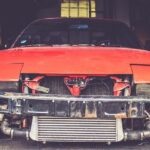Your car is bound to fail at some point. After years of use in various road conditions, you will experience failing parts. Even with modern cars, you are not guaranteed free of breakdowns or failures from time to time.
There is one thing that every driver would rather avoid: maintenance and repairs. But consistent maintenance can help you get the best used car warranty. So, when dealing with failing parts, it’s important to know which parts fail the most.
Take a look at the most common failing parts and how to deal with them.
1. Dead or Discharged Battery
A dead battery is one of the most common vehicle problems. Typically, your battery lasts about four to five years. But if you live in hot areas like New Mexico or Arizona, you get about three years. Also, standard wet cell lead-acid batteries have a shorter lifespan than absorbent glass mat (AGM) ones.
Besides age, your battery can fail because of other reasons. These include faulty charging, defective alternator, or parasitic drain.
If you end up with a discharged or dead battery, you have two options.
- Jumpstarting Your Car – You need a donor car and jumper cables to jumpstart your car. First, connect your car with the donor battery using the jumpers. Then, let the donor car run for a while.
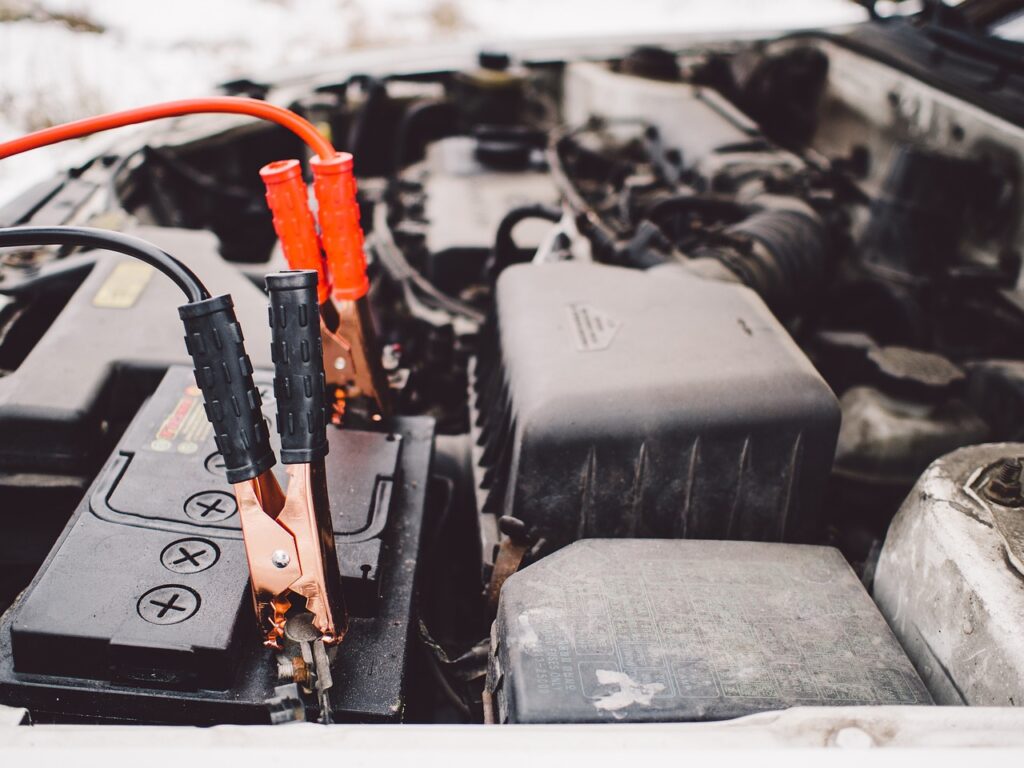
After the donor car runs for a while, it will recharge your battery. When the battery is recharged, you can start your car and it should start.
- Charging the Battery – Alternatively, you can have a mechanic charge the battery for you. Remember, this may only work for a while if your battery is defective. But if it doesn’t respond after this, it’s time to get a new battery.
Also Read:
- Top 5 Best Tire Pressure Gauges of 2022
- Top 5 Best Blind Spot Mirrors for Car
- Top 5 Best Vacuum Cleaner for Car of 2022
2. Overheating Engine
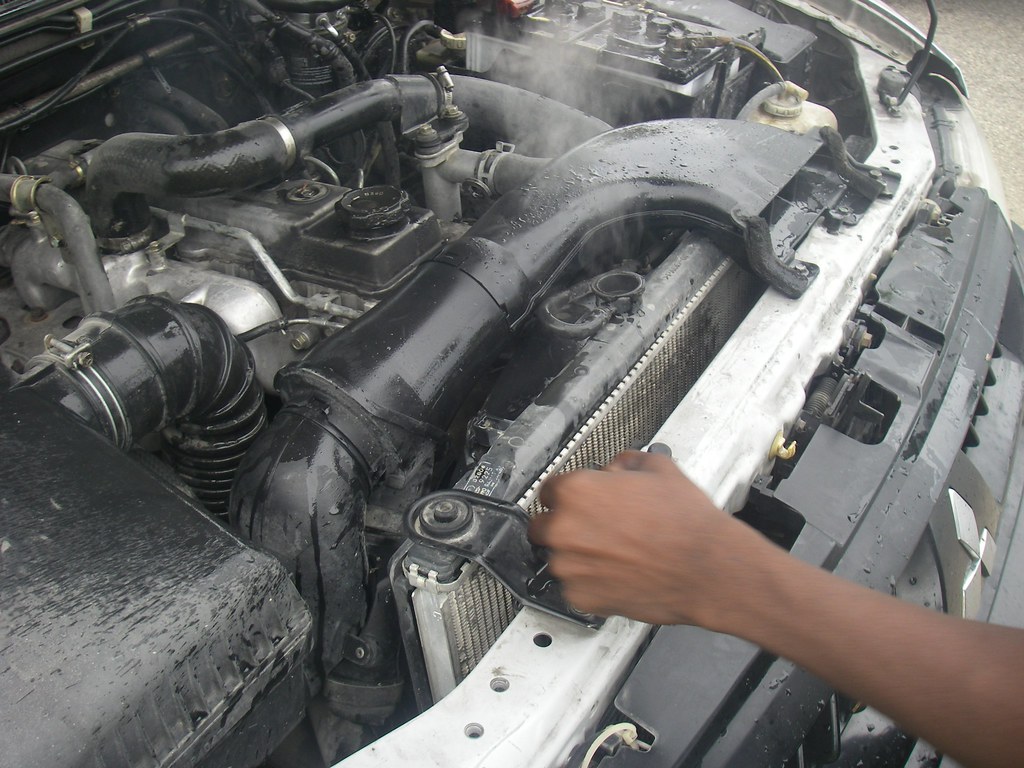
The process of getting power from an engine gives off too much heat. So to contain this heat and prevent overheating, we have parts like radiators to cool things off.
You will know your car is overheating when the temperature gauge indicates red. It means something may be wrong with your heating system.
The most common cause of overheating is low coolant level. Your mechanic should top up the levels every time you go for services. Other causes include radiator issues, cooling system leaks, and broken water pumps, among others.
If any of these parts fail, you should visit your mechanic to find solutions. And if overheating happens when you are on the move, pull aside and check the situation. Don’t move unless necessary.
3. Exhaust Smoke
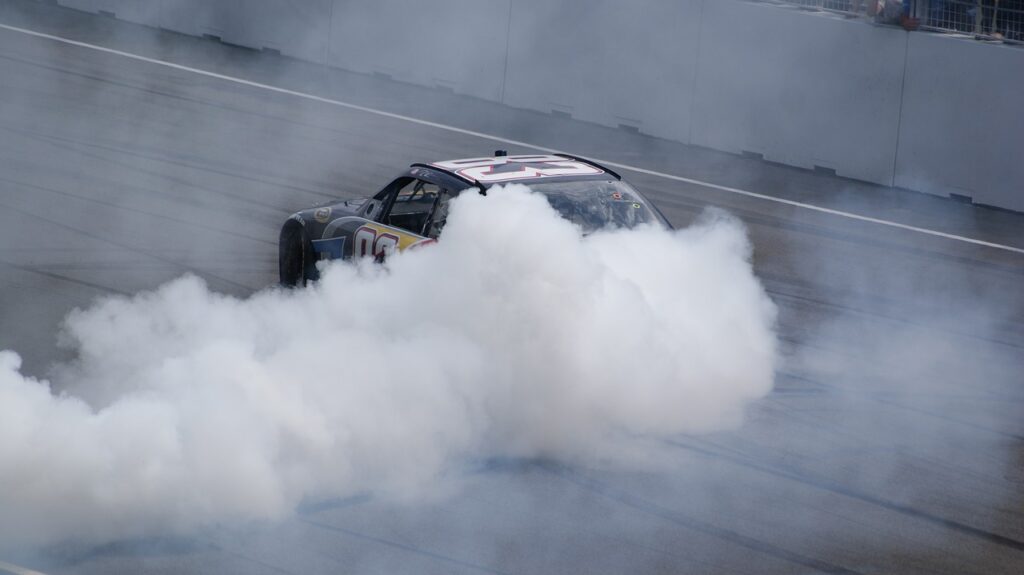
If your car gives off unusual smoke, there’s something wrong with your car. Different colors show different problems.
- White or Gray Smoke – This type of smoke shows that your coolant is burning with your fuel. Most of the time, this problem comes from leakages in your engine block, head gasket, or cylinder head.
- Blue Smoke – This color shows that your engine oil may be entering the combustion chamber and burning with your fuel. This comes from leakages in the valve seals or worn-out piston rings.
- Black Smoke – Black smoke shows that too much fuel is combusting in the combustion chamber. It may be from a leak in the fuel injector, a clogged fuel combustion pipe, or a stuck fuel pressure regulator.
If any of these parts have failed, it is advisable to replace them. A smoky exhaust is a sign of underlying problems, so you should address them fast.
Another thing to check is if the DPF is still part of the vehicle. Some mechanics remove the DPF to stop future problems. But this is a mistake that may cause your car to continuously pump diesel soot.
4. Squealing Brakes
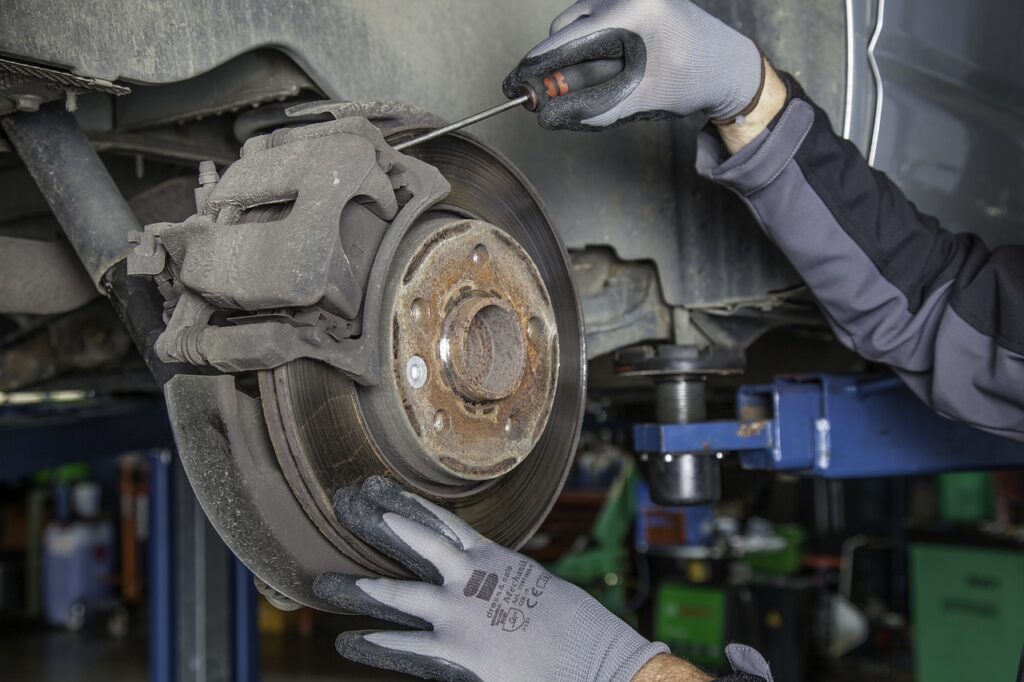
Squealing brakes are unpleasant and quite risky. It is mostly caused by worn-off brake pads. If you are a speedster, you will use your brakes more and damage them faster.
Failing brake pads can produce catastrophic results. If your brakes don’t respond, you are likely to get into an accident. So, if you hear any high-pitched sounds, it is time to replace the brake pads.
Another reason may be rusty brake rotors. As you use the car every day, your rotors may become less smooth. Rust and debris on the rotors can also lead to squeaking brakes. So, if you hear this noise, contact your mechanic to file the rust or remove any accumulating debris.
5. Uneven Tires
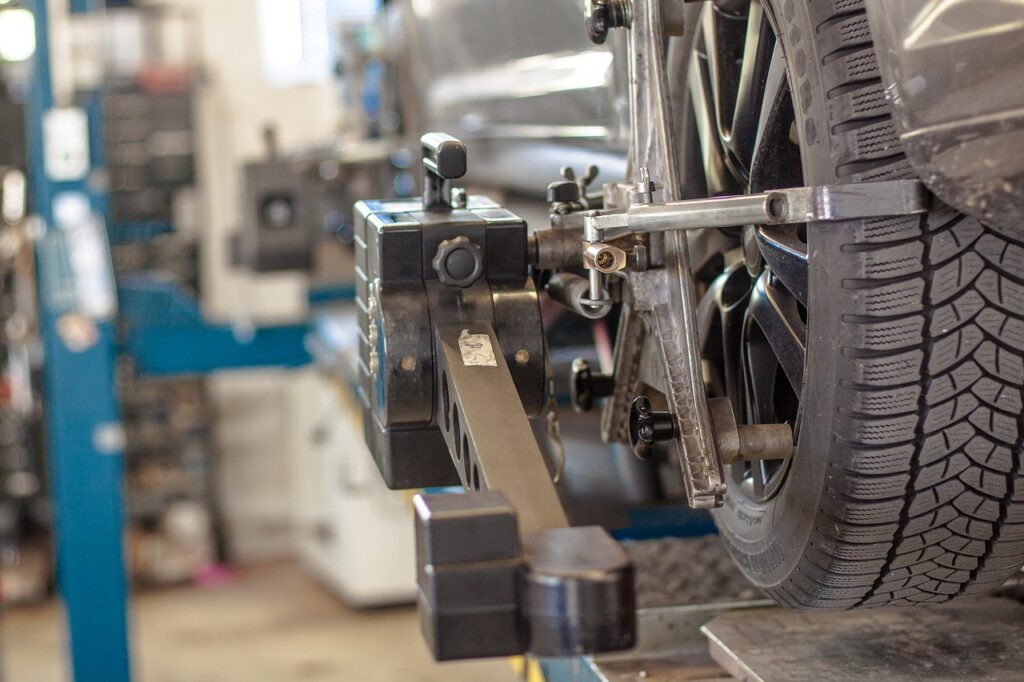
Sometimes, you may notice one of your tires wearing faster than the others. If a tire’s wear pattern is different from the rest, your wheels may be out of balance. Interestingly, the front tires are more likely to have this problem than the back ones. This is because they get more pressure and weight offset.
If your wheels fail this way, you can have your mechanic balance your wheels.
Other causes of uneven tires include excess pressure, little pressure, or worn-out suspensions. Most of these causes can be remedied by your mechanic. It is also advisable to rotate your tires every 5,000 miles.
But if the tire is too worn out, you should replace it.
Final Thoughts
At some point, you will experience failing parts in your car. Unfortunately, failing parts may lead to even costlier problems if not addressed. Even worse, some defective factors can affect other parts and reduce the lifespan of your car.
Failing parts should be replaced entirely or repaired. But if the cost of repairs exceeds half the value of your car, it may be better to get a new one.


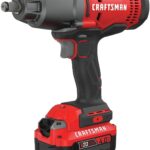
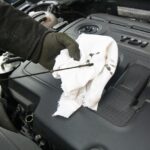
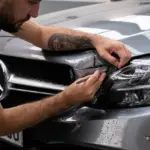
![Top 5 Best OBD2 Scanner [2024 Guide] Top 5 Best OBD2 Scanner [2024 Guide]](https://www.mechanicalbooster.com/wp-content/uploads/2022/06/BlueDriver-Pro-OBD2-Bluetooth-Car-Diagnostic-Scan-Tool-300x209.jpg)
